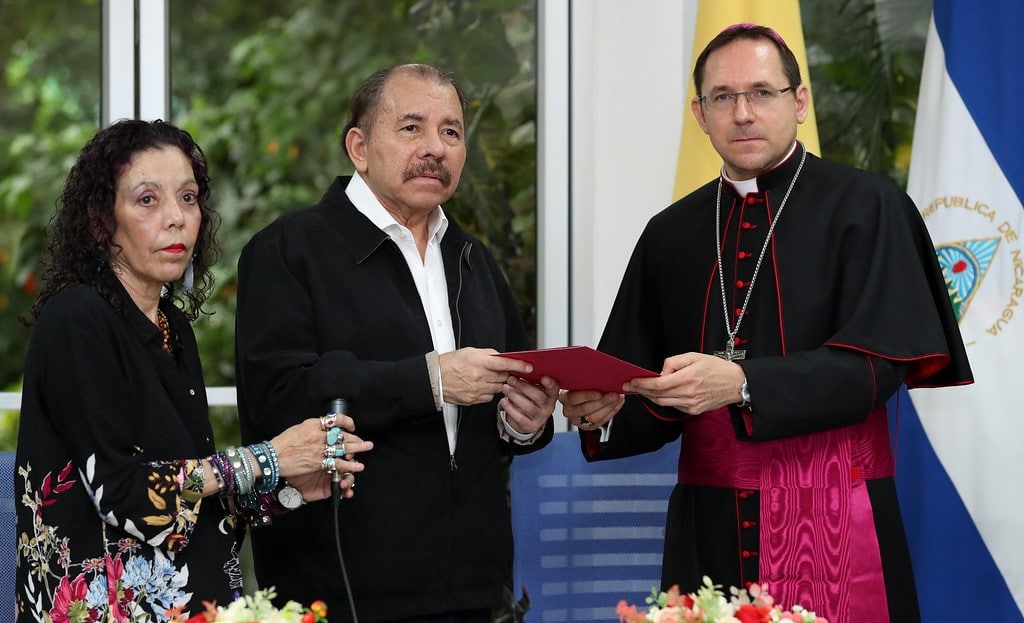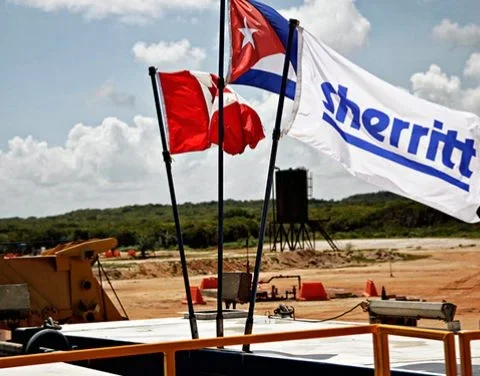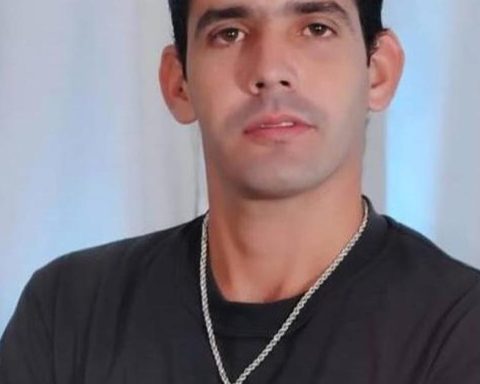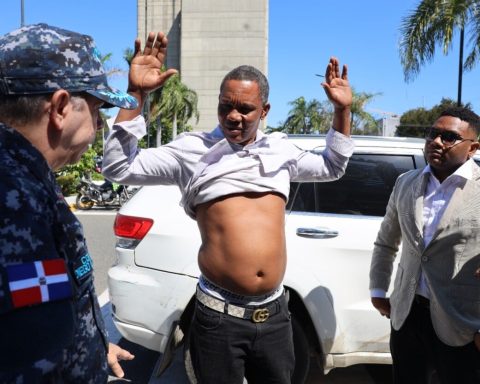The de facto expulsion of the apostolic nuncio, Waldemar Stanisław Sommertag, carried out by the Ortega Murillo regime, without officially declaring him non grata, was forged as a result of at least four incidents provoked by the Government, between January 10 and December 5. March 2021, revealed to CONFIDENTIAL several sources linked to the former representative of the Holy See in Nicaragua.
On January 10, the date of the Ortega’s self-proclamation as presidentthe apostolic nuncio traveled to Rome, generating a strong claim from the highest authorities of the country about the reasons for his absence in the act of inauguration of Ortega, who had little international representation due to his crisis of legitimacy.
During his stay in Rome, the nuncio met with Pope Francis at the Vatican on January 15. An official Vatican bulletin on the Holy Father’s agenda reported that on that day between the Supreme Pontiff’s private audiences, one was scheduled with Monsignor Sommertag.
The nuncio returned to the country at the end of January, after disclosed a letter in which a group of relatives of political prisonerspublicly appealed for the support of “rulers, active forces of the nation and the (Catholic) Church” so that they “lead” a “citizen unification process”, emphasizing that the release of prisoners of conscience would serve “as a kind of shared liberation for all Nicaraguans.”
Upon arrival at the airport, Sommertag could not immediately go to his residence, because government authorities transferred him to the Foreign Ministry, where he met with Deputy Foreign Minister Arlette Marenco. The official sent him a message from the government urging him not to make any public statement about the situation of political prisoners and the trials taking place in the Chipote prisons.
The third incident occurred after February 24, after the expulsion of the Colombian ambassador, Alfredo Rangel Suárezdeclared non grata by the Government, when the nuncio organized a virtual event to fire the Colombian diplomat, which caused a new claim from the Nicaraguan authorities.
The fourth incident and trigger for the untimely departure of the Vatican representative from the country occurred on Saturday, March 5, when a priest was harassed by police officers who followed him out of his residence, as confirmed by residents of Carretera Sur. After the tension generated by the siege, the nuncio had a telephone exchange with a senior government official, who told him that he had to leave the country within a peremptory period.
A diplomatic source explained to CONFIDENTIAL that “officially, they did not declare him non grata, but they sent him a de facto expulsion order.” The source added that the government gave the priest a little over a week to leave the country, but after consultations with the Vatican, Archbishop Sommertag abandoned his diplomatic mission in Nicaragua on Sunday, March 6, without saying goodbye to the Episcopal Conference of Nicaragua (CEN) or the diplomatic corps accredited in the country.
A statement from the Apostolic Nunciature confirmed that Sommertag “was absent from the country” that day and that the secretary of the Nunciature, Monsignor Mbaye Diouf, “remained in charge of the diplomatic mission as chargé d’affaires.”
Monsignor Herrera confirms deterioration of relations
This Wednesday, March 9, Monsignor Carlos Herrera, president of the CEN, in statements given to the channel 10 television newscast, confirmed the deterioration of relations between the Ortega regime and the representative of Pope Francis.
“The Nunciature has made it known, but due to the pope’s decision, he left the secretary in the role of diplomat for the time being, until a new nuncio is appointed,” said Herrera.
The bishop recognized the strong differences between Vice President Rosario Murillo and the Vatican representative. “There have not been good relations, so the pope has decided that he resign from that function. There were certain limitations. So if there is no communication, what is the use of being in that diplomatic role, ”he explained.
“In the Church we already knew that Monsignor Sommertag was already on his way out and everything happened after that audience” with Pope Francis, another religious source affirmed.
A statement from the Episcopal Conference issued on Wednesday confirmed the departure of the nuncio to Rome on March 6, and that the Nunciature was left in charge of the chargé d’affaires Monsignor Marcel Mbaye Diouf. As for his accreditation to the Nicaraguan Government, “this matter is the exclusive bilateral competence of the Holy See and the Nicaraguan Government,” the bishops stressed.
Government silence persists on expulsion
CONFIDENTIAL He communicated again with the Apostolic Nunciature of Nicaragua to consult with Monsignor Marcel Mbaye Diouf, about the reasons for the nuncio’s departure, but they told us that the official had a packed agenda and could not attend to us.
From the Vatican, there has been no official reaction on the incident, nor if there will be the appointment of a new apostolic nuncio for Nicaragua.
The Government of Nicaragua has remained silent for three days about the de facto expulsion of the representative of the Holy See.
Reflection of the intransigence of the regime
Juan Pappier, lawyer and researcher for the Americas Division of Human Rights Watch (HRW), in an interview with the program Tonight, He pointed out that the incident with the nuncio reaffirms the intransigence of the Ortega regime with any position that is not aligned with its demands.
“That was a sign that you cannot talk with this government here. It is a sign that the only thing that the Government of Daniel Ortega understands is international pressure, I think that is clear. If they don’t even allow the nuncio, who was advocating for political prisoners, nothing more than that, to be in the country, it seems to me that the message is clear, and that the international community has to be clear about it. Here the only language that Daniel Ortega understands is the firm, clear language of international pressure and international denunciation,” he pointed out.
In diplomatic circles, the Vatican representative It was considered the main channel of communication that the Government maintained with the international community, apart from its political allies such as Cuba, Russia, Venezuela, and now the People’s Republic of China.

















